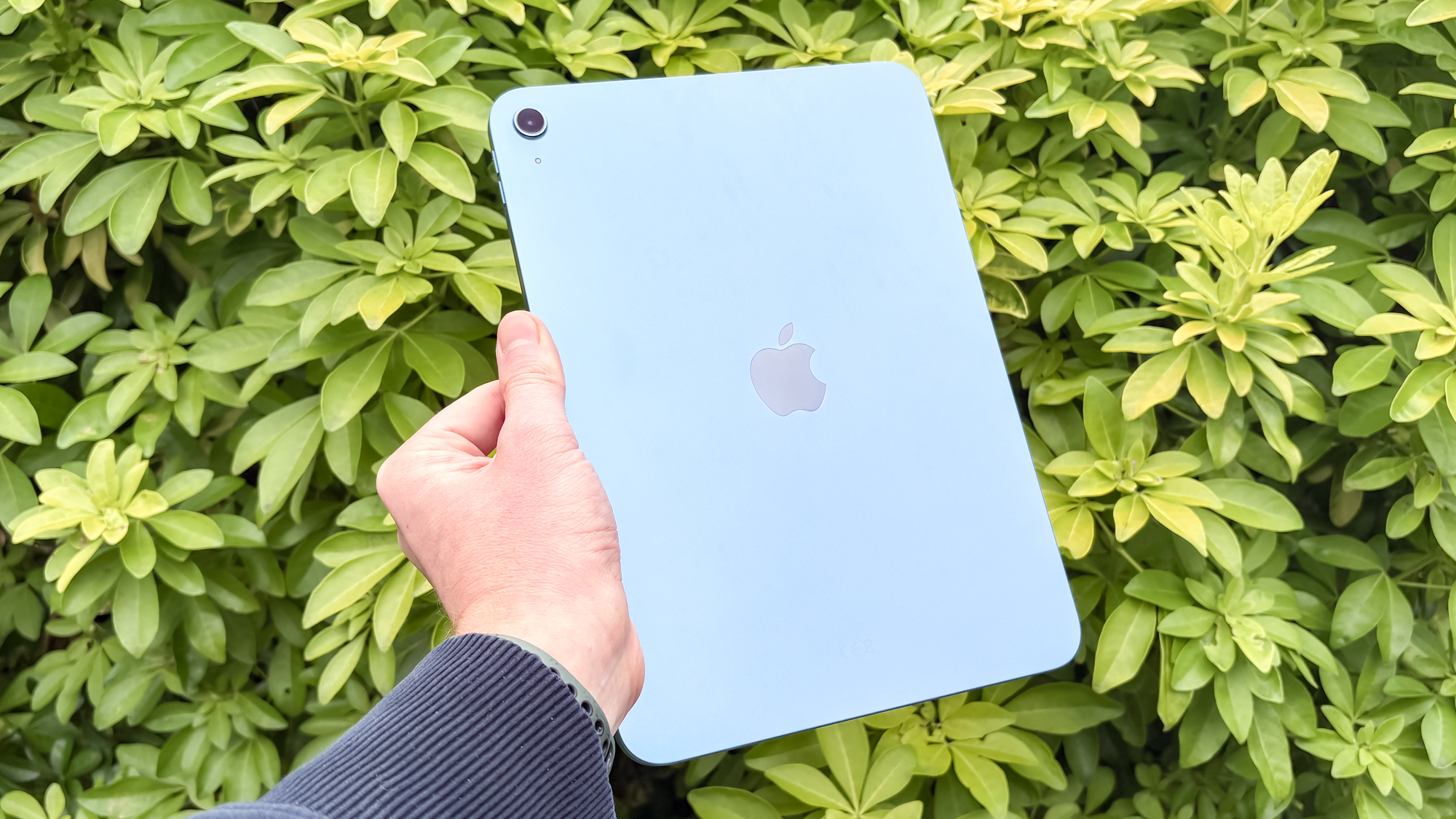Google could be making a big mistake with the Pixel 10 Pro — here's why
Sorry, 128GB of starting storage isn't enough
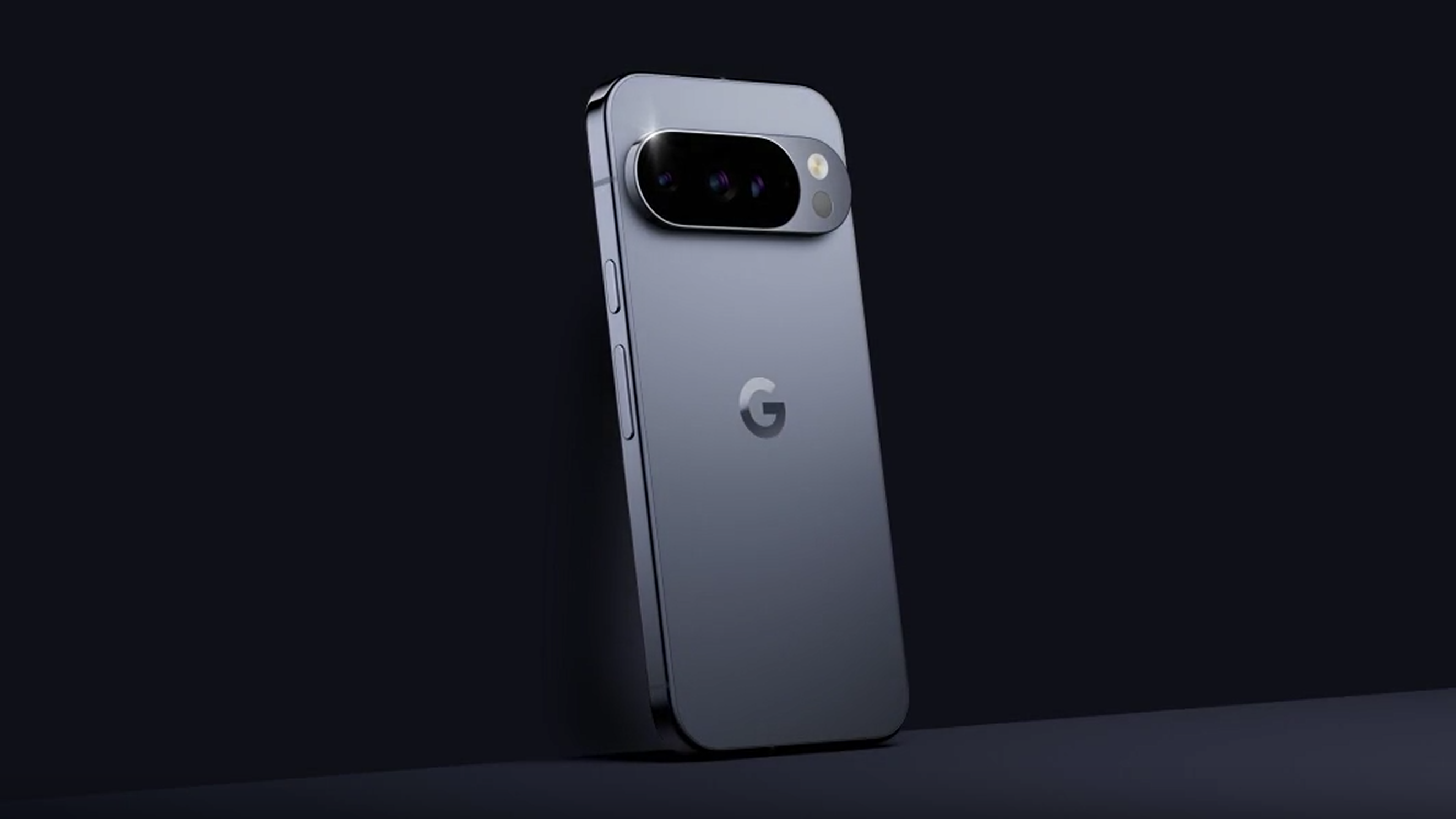
Here at Tom’s Guide our expert editors are committed to bringing you the best news, reviews and guides to help you stay informed and ahead of the curve!
You are now subscribed
Your newsletter sign-up was successful
Want to add more newsletters?

Daily (Mon-Sun)
Tom's Guide Daily
Sign up to get the latest updates on all of your favorite content! From cutting-edge tech news and the hottest streaming buzz to unbeatable deals on the best products and in-depth reviews, we’ve got you covered.

Weekly on Thursday
Tom's AI Guide
Be AI savvy with your weekly newsletter summing up all the biggest AI news you need to know. Plus, analysis from our AI editor and tips on how to use the latest AI tools!

Weekly on Friday
Tom's iGuide
Unlock the vast world of Apple news straight to your inbox. With coverage on everything from exciting product launches to essential software updates, this is your go-to source for the latest updates on all the best Apple content.

Weekly on Monday
Tom's Streaming Guide
Our weekly newsletter is expertly crafted to immerse you in the world of streaming. Stay updated on the latest releases and our top recommendations across your favorite streaming platforms.
Join the club
Get full access to premium articles, exclusive features and a growing list of member rewards.
128GB has been the standard entry-level of smartphone storage for a long time now, at least on flagship phones. We have slowly, but surely, been seeing that shift as the ultra-premium phones instead opt for 256GB as their cheapest option.
Rumor has it that the Pixel 10 Pro XL could be the next phone to make that switch. But, if what the rumor mill claim is true, the same won't be true for the Pixel 10 and Pixel 10 Pro. Apparently both of the remaining non-folding phones will stick with that same 128GB entry point. Which feels like a missed opportunity to me for the Pro.
Even if Google wanted to keep the price for the standard Pixel 10 down, it still should be ditching the 128GB option on the Pixel 10 Pro as well.
128GB storage isn't very 'Pro' at all
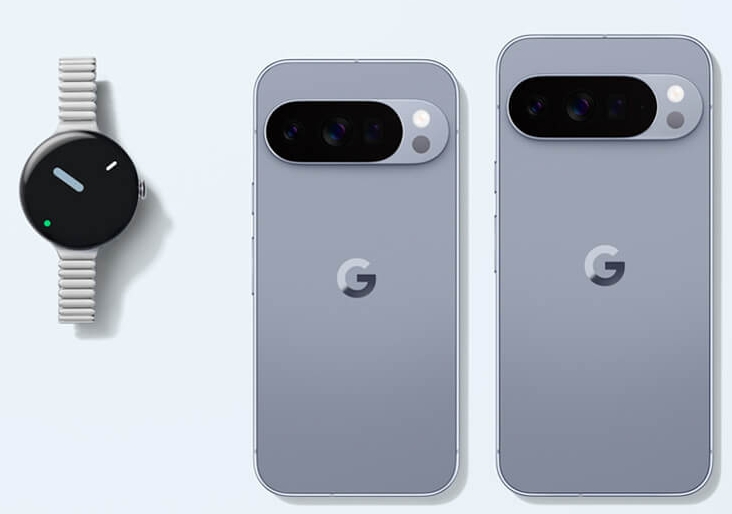
For the last several years, I've struggled to use phones with 128GB of storage. We're firmly at the point where it just isn't enough storage space to account for all the requirements of a modern smartphone and its apps.
System settings regularly take up a large chunk of space, while both photos and videos seem to have larger file sizes with each passing year. The constant push for better camera features, higher resolution and faster framerates clearly isn't helping matters, and AI is only going to make that problem worse.
My own Pixel 9 Pro needs 5.25GB for its AI Core app, which can't be uninstalled — which doesn't include the extra few hundred megabytes Google Gemini currently uses. Meanwhile, Apple made headlines earlier this year by doubling the amount of storage space needed for Apple Intelligence. That was reportedly 7GB, though my iPhone 15 Pro Max lists it as 6.61GB.
Given the emphasis phone companies are placing on AI, that number is only going to get larger as time goes on. This is especially true if you're talking about on-device AI, something Apple has been keen on for privacy reasons.
Get instant access to breaking news, the hottest reviews, great deals and helpful tips.
There are ways you can keep your phone storage a little skimpier, but in my experience it's been a constant battle of offloading files and staying on top of storage-hungry apps. This is something that never used to be a problem, even before I starting paying for cloud storage.
I'm fully aware that the titles phone makers stick on their phones, like "Pro," are actually pretty meaningless. But the constant battle to keep a few GB free on your handset isn't a particularly Pro experience. If a company wants to offer a premium phone, they should apply that to the storage options as well.
256GB does mean a price hike — but it could be worth it
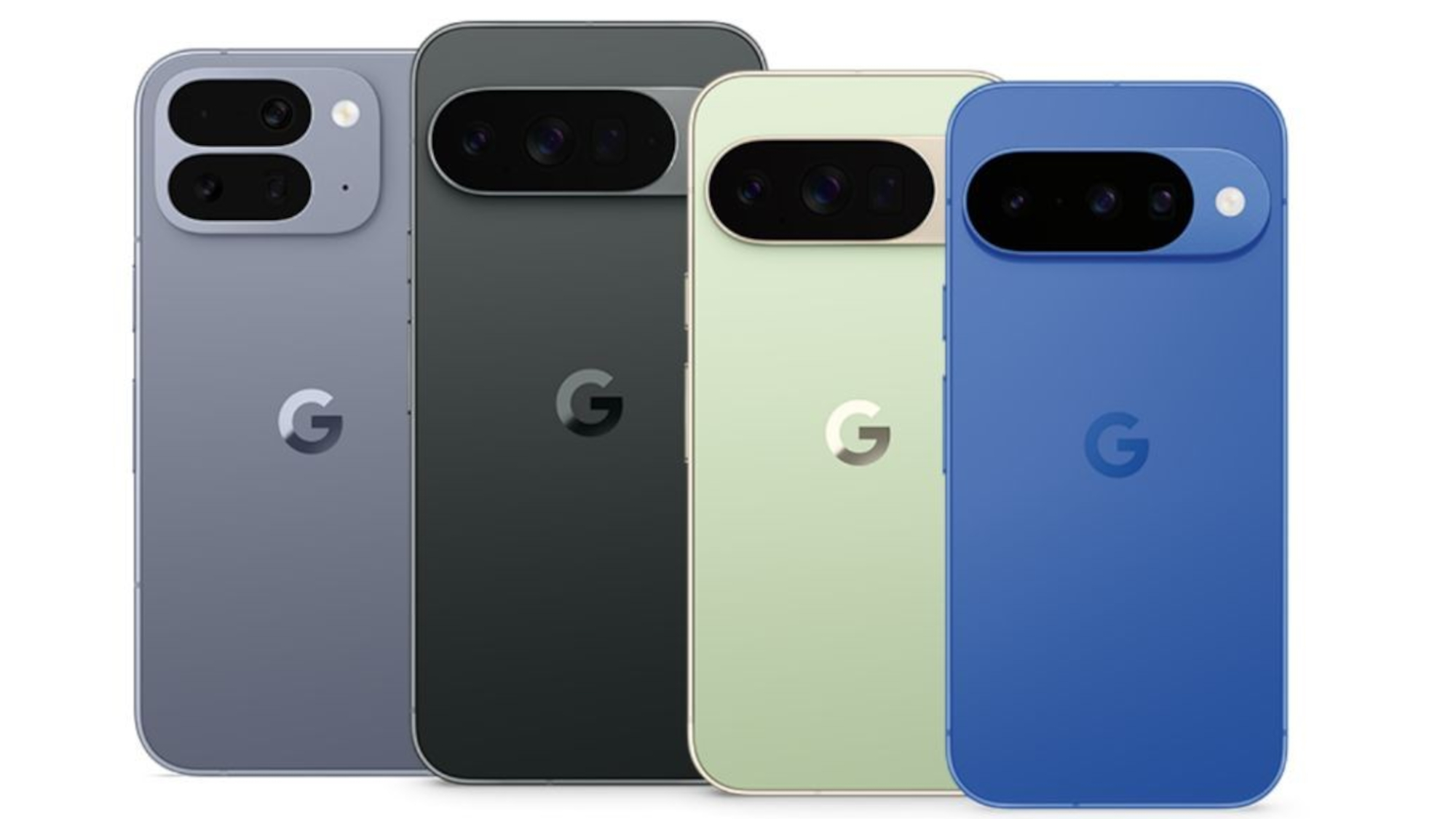
It's pretty clear why the 128GB storage option has stuck around for so long, especially on the entry-level phone models. Having that lower level of storage allows phone companies top keep the starting price lower, which is useful for marketing and advertising purposes.
It also means that having a cheaper option, even if the storage requirements aren't adequate, could potentially net them more sales. Because phones are expensive, and we've already seen that ditching the 128GB option doesn't actually lower the cost of buying more storage — it just makes the phones seem more expensive. Because heaven forbid that a phone maker lowers the relative cost of their phones.
It's for that reason I'm not expecting devices like the Pixel 10 or the eventual Pixel 10a to scrap the 128GB option anytime soon. Especially since the Pixel 10 is expected to come with a bunch of extra upgrades, notably a telephoto lens, without any rumored jump in price.
That said, if you're already paying the extra money for a Pro model, what's a little extra money for the convenience of having more storage?
Sure, you can already do that if you feel strongly enough, but there comes a point where phone companies should start pushing more people towards the higher storage options. And if you're already doing that for the Pixel 10 Pro XL, you might as well do it for the smaller Pixel 10 Pro as well.
After all, the only difference we've seen between these phones in the past is their size — plus a slightly bigger XL battery. If you're going to stick to that parity with the rest of the hardware, you might as well bump up storage on the smaller model, too.
Personally, the comfort of knowing that I have double the storage space, and won't need to be quite so strict with my storage usage for a while, is well worth the extra $100 or so this change would ask me to pay. The cost of not having to deal with that stress really helps.
Bottom line
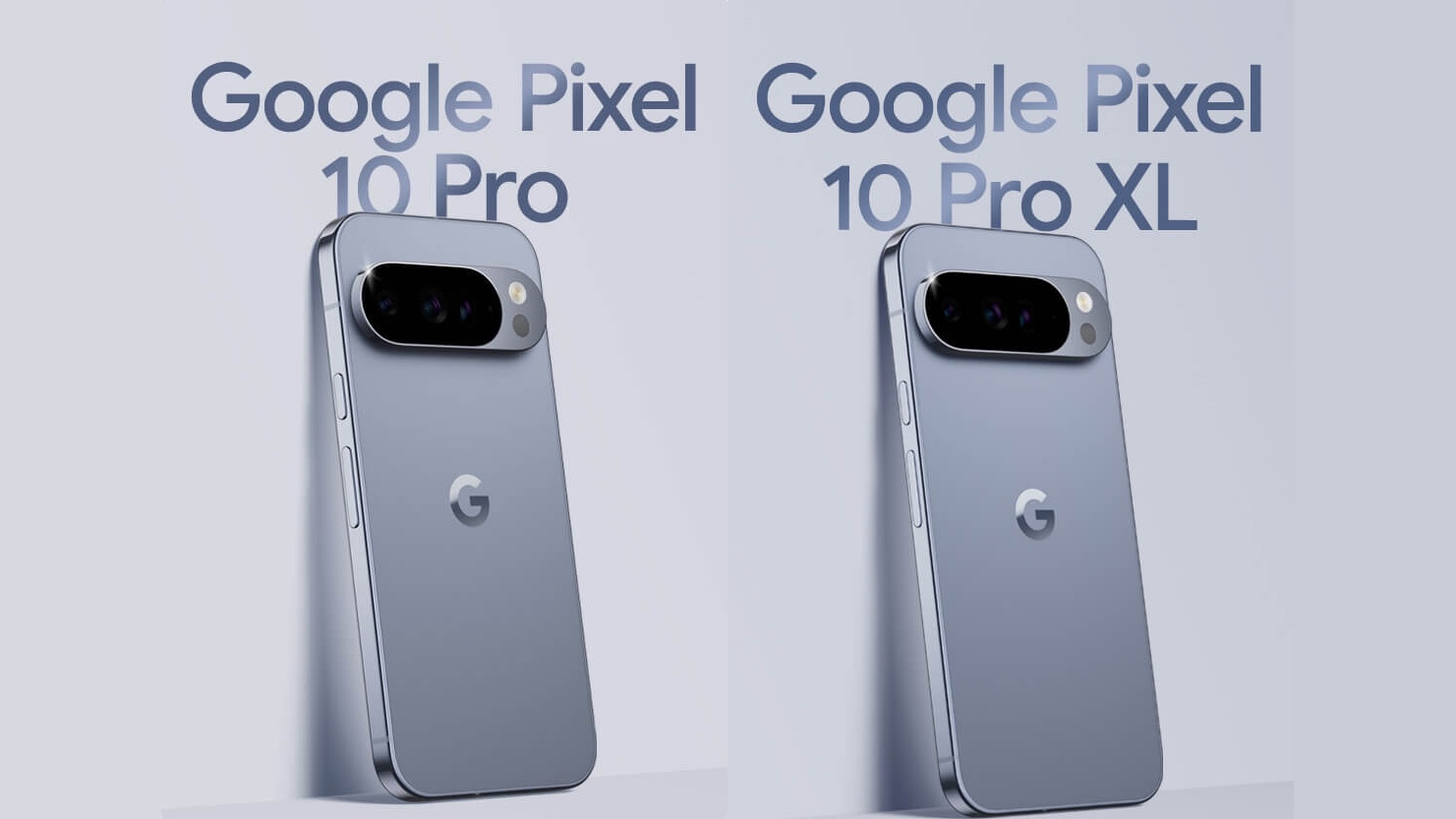
I know that not everyone will agree on me with this point, and I know there are people out there who are more than happy with a 128GB storage option — they've made themselves known to me in the past. But that doesn't change my opinion here, and I still think that 128GB is an inadequate entry level for premium smartphones.
I wouldn't be happy if Google kept the 128GB option for the entire Pixel 10 line-up, but it also doesn't sit right that it might only remove that option for the Pixel 10 Pro XL.
I get the logic in leaving a cheaper storage option for Pixel 10, but it doesn't make sense to start making arbitrary differences between Pixel 10 Pro and 10 Pro XL. Sure the sizing option is still very new, but the whole point was supposed to be that they're the same phone with different size options.
Adding arbitrary differences now doesn't make a whole lot of sense. Especially since 128GB storage options on ultra premium phones should already be on their way out.
More from Tom's Guide
- Google Pixel 10 arrives August 20 — here's the 7 biggest rumored upgrades
- I’ve been testing the Motorola Razr Plus (2025) and I don’t understand why it exists — here’s why
- The Pixel 10 could radically change the way you take photos — here's how

Tom is the Tom's Guide's UK Phones Editor, tackling the latest smartphone news and vocally expressing his opinions about upcoming features or changes. It's long way from his days as editor of Gizmodo UK, when pretty much everything was on the table. He’s usually found trying to squeeze another giant Lego set onto the shelf, draining very large cups of coffee, or complaining about how terrible his Smart TV is.
You must confirm your public display name before commenting
Please logout and then login again, you will then be prompted to enter your display name.
 Club Benefits
Club Benefits










